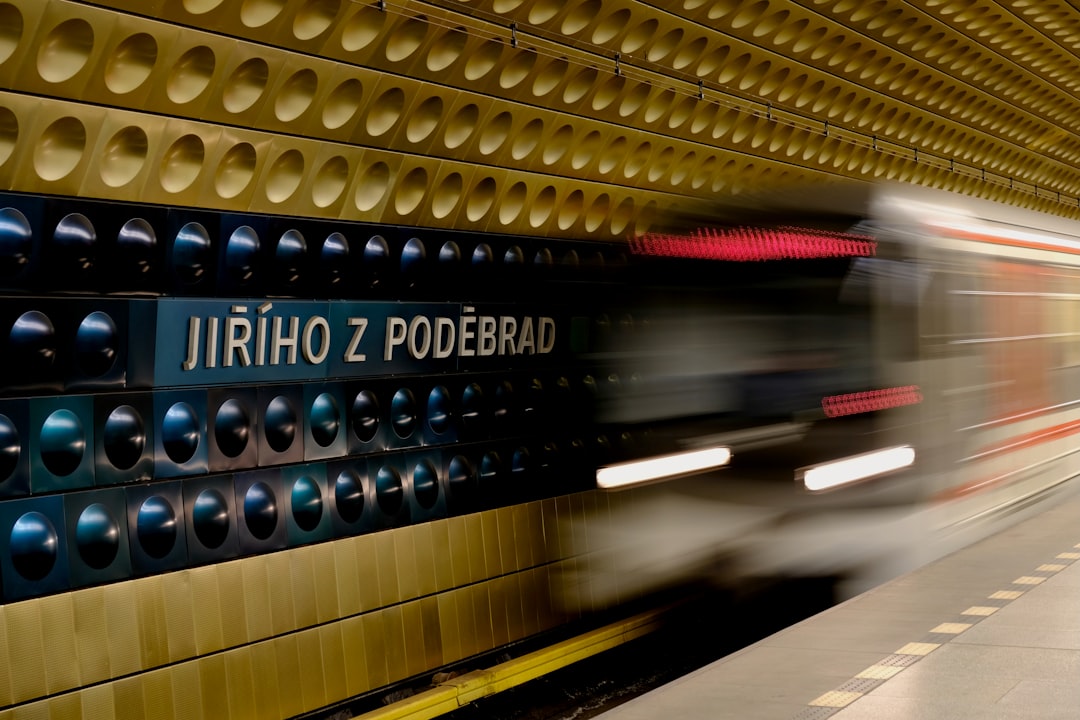KMT Urges Taiwan Government to Bolster Economic Defense Against US Tariffs
Opposition Party Calls for Increased Bailout, Economic Stimulus, and Strategic Trade Maneuvers

Taipei, Taiwan – In response to potential economic headwinds stemming from US tariffs, Taiwan's main opposition party, the Kuomintang (KMT), is urging the ruling Democratic Progressive Party (DPP) to take decisive action. The KMT is advocating for a significant increase in the government's economic bailout budget and the implementation of various stimulus measures.
KMT Chairman Eric Chu (朱立倫) convened a meeting with mayors and county commissioners from the 16 administrative regions governed by the party. The meeting followed the announcement by US President Donald Trump of tariffs, although postponed for three months.
Following a closed-door discussion, Eric Chu, alongside KMT officials, presented a joint statement outlining their proposals. The core recommendation involves expanding the existing bailout plans from NT$88 billion (US$2.68 billion) to NT$200 billion to stabilize financial markets and provide financial support to affected industries.
Furthermore, the KMT suggested bolstering the NT$500 billion National Financial Stabilization Fund, which they deem insufficient due to market growth. Other key proposals include:
- Implementing a visa-waiver program to attract international visitors.
- Resuming acceptance of applications from Chinese tour groups.
- Issuing NT$10,000 cash handouts to stimulate domestic demand.
- Initiating trade negotiations with the U.S. and other nations, prioritizing "vulnerable" industries.
- Diversifying export markets and seeking membership in international economic blocs.
- Devising policies to retain key technologies and industries within Taiwan.
- A comprehensive review of any plans for overseas investments.
Eric Chu also called on President Lai Ching-te (賴清德) to convene a national affairs conference to address the economic challenges, involving experts, industry representatives, and local government leaders. These challenges include tariffs, a potential currency war, calls for increased defense spending, and risks associated with Taiwan's US Treasury bond holdings.
Other Versions
El KMT insta al Gobierno de Taiwán a reforzar la defensa económica frente a los aranceles de EE.UU.
Le KMT exhorte le gouvernement taïwanais à renforcer la défense économique contre les tarifs douaniers américains
KMT Mendesak Pemerintah Taiwan untuk Meningkatkan Pertahanan Ekonomi Terhadap Tarif AS
Il KMT esorta il governo di Taiwan a rafforzare la difesa economica contro le tariffe statunitensi
国民党、台湾政府に対米関税経済防衛の強化を要請
국민당, 대만 정부에 미국 관세에 대한 경제 방어 강화 촉구
Hinihimok ng KMT ang Gobyerno ng Taiwan na Palakasin ang Depensa sa Ekonomiya Laban sa Taripa ng US
КМТ призывает правительство Тайваня усилить экономическую защиту от американских тарифов
พรรคก๊กมินตั๋งเรียกร้องให้รัฐบาลไต้หวันเสริมสร้างการป้องกันเศรษฐกิจต่อต้านภาษีศุลกากร
KMT Kêu Gọi Chính Quyền Đài Loan Tăng Cường Phòng Thủ Kinh Tế Trước Thuế Quan Mỹ
